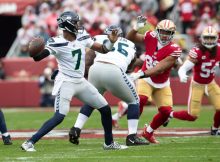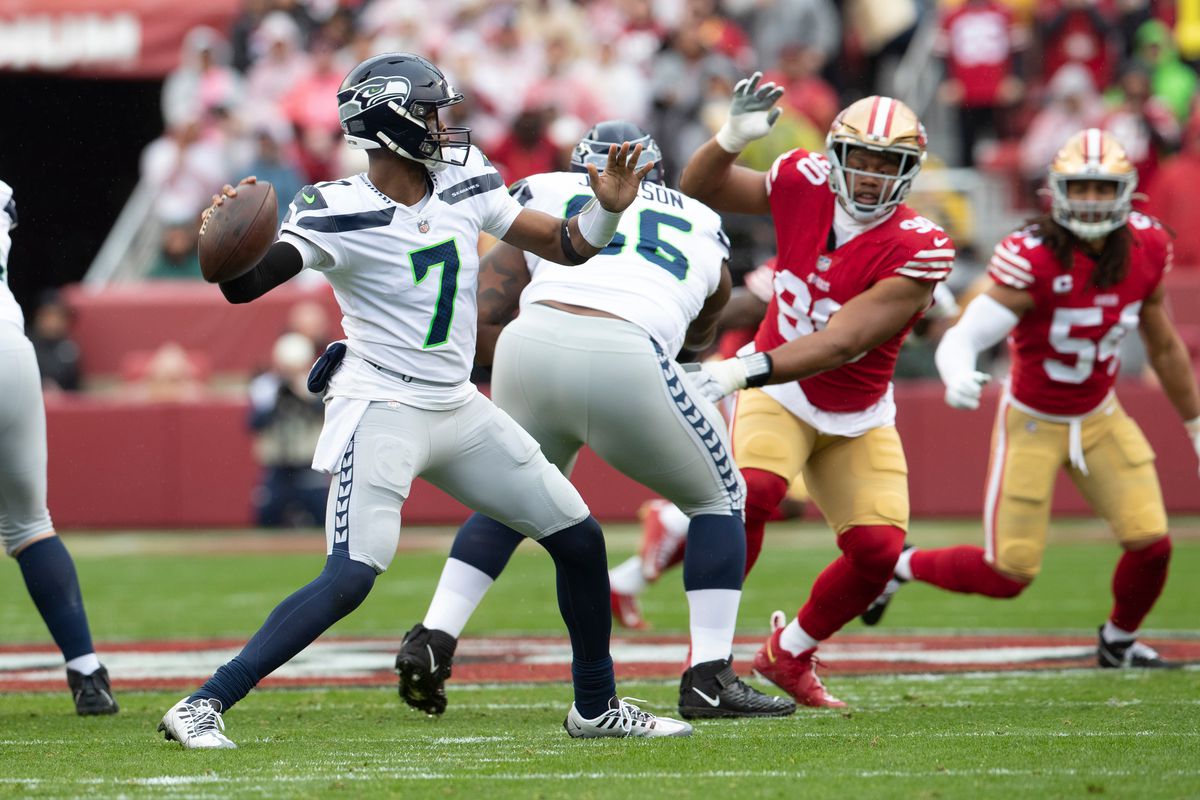

To succeed in the dynamic game of Daily Fantasy Sports (DFS), one needs to know much more than just the sport in which one is competing. We have to be precise, flexible, and willing to absorb lessons from past mistakes—the latter of which will be the main subject of this week’s essay.
We will be able to examine and evaluate the winner of the most significant and largest Guaranteed Prize Pool (GPP) tournament on DraftKings, the Millionaire Maker, from the previous week using game theoretical methodologies.
We can further train our minds to see beyond the outdated roster building techniques used by a large portion of the field by adhering to the same principles of Game Theory, which can be most simply explained as the development of decision-making processes given our own skill and knowledge, assumptions of the field based on the cumulative skill and knowledge of others playing the same game, and the rules and structure of the game itself.
By approaching improvement in this way, we can gain understanding of the structure of winning rosters and create profitable routines that we can build upon in the upcoming weeks. We will begin by examining the winning roster from the previous week, extract any relevant lessons for use in the future, and conclude with a preview of the upcoming main slate.
It’s clear that winning GPPs is our main objective when creating rosters for them. However, the field largely misunderstands the process of creating a repeatable habit pattern to put ourselves in the best possible position to accomplish that goal. Every slate will have an ideal roster, or a roster that arranges the best possible balance between salary and raw points. The problem is that in the fourteen years that daily fantasy sports have been around, there has never been a single instance of an ideal roster winning a GPP. That amply demonstrates that we don’t require excellence to prevail in these competitions.
This leads to a misconception about the stacking and correlating process. Reducing variables is the aim of those optimal practices, not increasing upside. However, attacking locations that will achieve a higher hit rate than their expected ownership implies will also help us reduce the number of variables. This is one of the main focuses of the theoretical notion of leverage, which is frequently misinterpreted.
The 49ers were the team with the highest level of confidence on the slate, as DraftKings user hishboo showed with their winning roster. However, because we are not as confident in our ability to identify the player or players from their roster who have the best chance of winning on a particular slate, we usually see players from their team garner lower ownership than they otherwise should.
The 49ers were the team with the highest level of confidence on the slate, as DraftKings user hishboo showed with their winning roster. However, because we are not as confident in our ability to identify the player or players from their roster who have the best chance of winning on a particular slate, we usually see players from their team being owned less than they should be.








